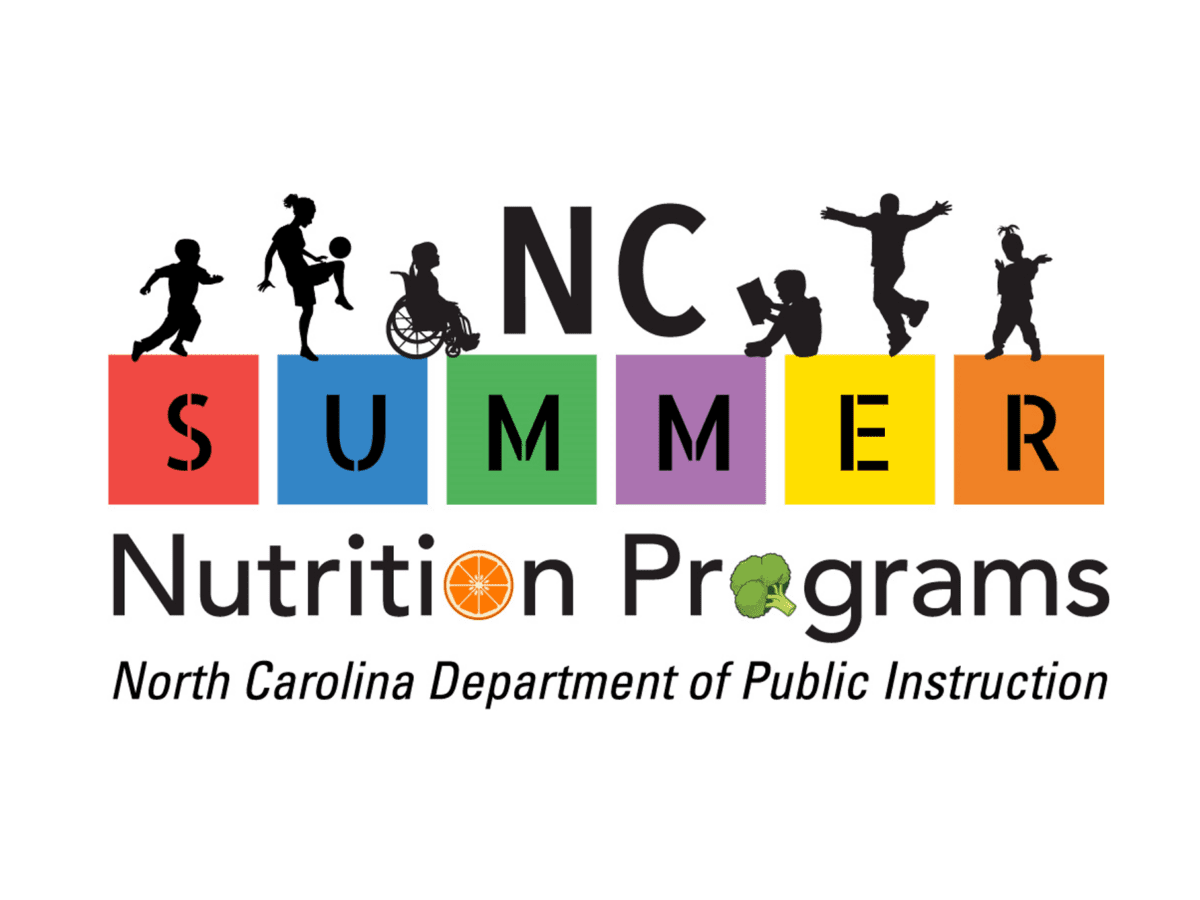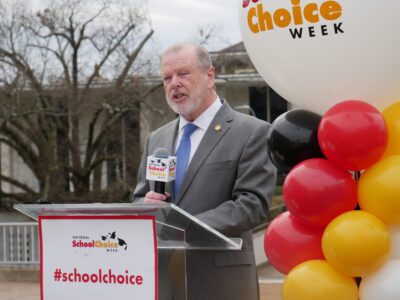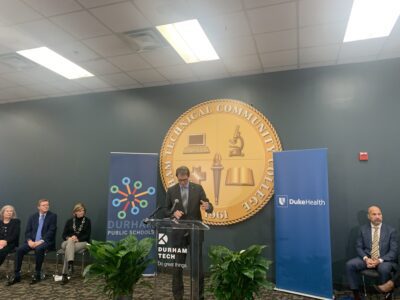
Share this story
|
|
The N.C. Department of Public Instruction (DPI) is looking for schools and community organizations to serve as sponsors for summer nutrition programs this year “to help ensure children who have limited access to food at home get the educational enrichment and nutritious meals they need for optimal growth, development, and overall well-being,” according to this press release.
Thanks to new federal regulations, sponsors with a rural designation will be able to provide children with take-home meals they can enjoy throughout the week.
More than one million North Carolina students rely on the nutritious meals and snacks served during the school year through the School Breakfast, School Lunch, and Afterschool Meals Programs, says the press release. When school is out of session, North Carolina’s Summer Nutrition Programs help fill the gap by providing free meals and snacks to children, ages 18 and younger, who might otherwise go hungry.
“By increasing the number of community sponsors, we can provide meals to more food-insecure children across all of North Carolina, from urban centers to rural communities,” said state Superintendent Catherine Truitt. “Participation in Summer Nutrition Programs provides children with critical nutrients for continued growth, development and learning in addition to key educational enrichment while school is out.”
Schools and community organizations in rural areas, Indian Tribal Territories, and areas with a concentration of migrant farm workers are needed in particular.
Who is in charge?
The Food and Nutrition Service (FNS), an agency of the United States Department of Agriculture (USDA), houses the Summer Food Service Program (SFSP).
SFSP “is a federally funded, State-administered program that reimburses providers who serve free, nutritious meals and snacks to children and teens in low-income areas when school is not in session,” says this USDA fact sheet.
DPI’s Office of School Nutrition administers the program in North Carolina, approving sponsor applications, conducting training of sponsors, monitoring SFSP operations, and processing program payments.
Sponsors sign agreements with DPI’s Office of School Nutrition to run the program.
Who can be a sponsor?
Sponsors must be organizations that are fully capable of managing a food service program, says the website.
Sponsors can include public school districts; charter schools; private schools; units of local, municipal, county, tribal, or state government; nonprofits; camps; and other community partners.
Last summer, DPI approved 175 sponsors to help provide reimbursable meals for children. Through these community partnerships, community and school sites served over 3.9 million meals to hungry children at 2,492 sites across the state.
What’s the definition of rural?
The legal definition of rural in this context can be found here in the Code of Federal Regulations, 7 CFR 225.2.
How to apply?
If you are interested in being a sponsor, click here for the pre-screening tool.
Upon completion of the tool, a summer nutrition consultant will contact your organization.
DPI is accepting applications through March 1, 2024.
Here is more information.





